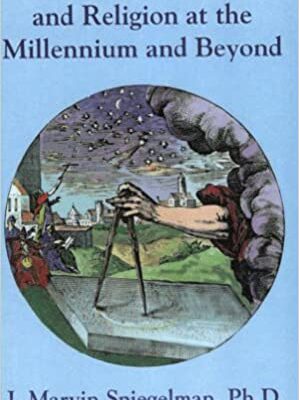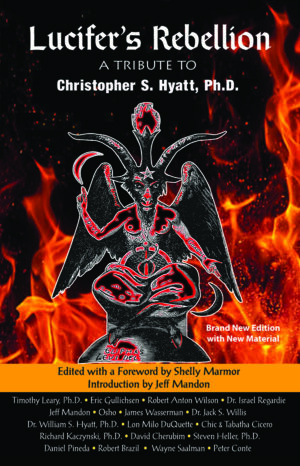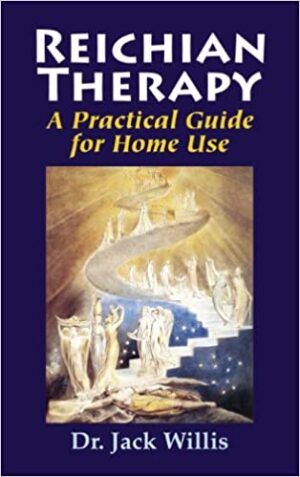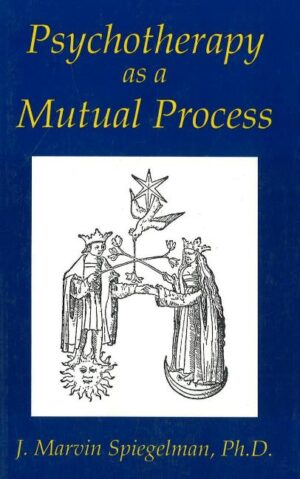Description
Written in 1970s with all the influence of the wild and counterculture rebelliousness of the 60s, The Game of Life reflects the depth of mind of one of the unique human beings of the 20th century. From famed psychologist and Harvard professor to LSD Guru, to stage and film star, computer junky, and more. Tim leaves no stone, or for that matter, person unturned. As an unrepentant advocate of personal freedom and development, he was on a mission to wake humanity up, to encourage us to use our brains and open our minds up to different ways of thinking. One of his favorite mottoes was Think for yourself and question authority. The Game of Life is an organic computer, (although when Leary wrote it he wasn t yet into hyper-interactive computer intelligence.) In this book he updated the meaning of Medieval Tarot Cards and Chinese I Ching Triagrams and used the symbology to express his fascinating theories within a multi-dimensional structure. With a unique intelligent wit, he expresses his perceptions, wisdom and ideas that evolution is proceeding into pre-programmed post-human stages which will carry us off the planet, but also that some human beings are (have always been) literally ahead of their times in having activated what Dr. Leary calls circuits of their nervous systems years or even centuries ahead of general human development. The Game of Life is not simply a book: it is an experience.
About Author
Born on October 22, 1920, in Springfield, Massachusetts, Timothy Leary forged a career as a noted psychology professor and researcher before becoming a major, highly controversial advocate of psychedelic drugs during the 1960s. He was imprisoned on marijuana charges, yet escaped only to be caught. He later worked in entertainment and cybernetics and published many books. He died on May 31, 1996. Timothy Leary was born on October 22, 1920, in Springfield, Massachusetts, into an Irish-Catholic household. He went on to attend several schools before graduating from the University of Alabama in 1943 and earning a psychology doctorate in 1950 from the University of California at Berkeley. Working there as an assistant professor until 1955, Leary also developed a groundbreaking monograph, published in 1957, which explored interpersonal relationships via a complex model system. Yet Leary and his two children suffered great personal loss during this time period, when his first wife committed suicide. He subsequently worked as the director of the Kaiser Foundation and then accepted a lecturing position at Harvard University in 1959. Experiments With Drugs After taking mushrooms while in Cuernavaca, Mexico, Leary conducted behavioral experiments with psilocybin, an active ingredient of the fungi that was allowed for use in research. He worked with colleagues Richard Alpert and Ralph Metzner, and Leary’s team and affiliated researchers used the drug in studies with seminary students, inmates and colleagues. Leary started to use LSD in the early 1960s. After a scandal when the university discovered students were also using his supply, Leary was discharged in 1963. Becoming an advocate for the use of psychedelic drugs, Leary established the International Foundation for Internal Freedom along with Alpert. Leary later converted to Hinduism after the two established IFIF organizational headquarters in Millbrook, New York, with a rich funder’s support. Criticized Media Figure Leary, known for college lecturing, became a media icon with his much-quoted line, “Turn on, tune in, drop out.” He published his writings, abandoned controlled research methods, and hung out with a number of countercultural and entertainment figures. Yet he faced criticism from various avenues for his role in exhorting youth to take LSD. Richard Nixon dubbed him “the most dangerous man in America,” and both other media personalities and medical professionals decried the palpable damage his message inflicted. Arrest and Escape After declaring his candidacy for governor of California in 1970, Leary was arrested on marijuana possession charges and received a decade-long jail sentence. He broke free from prison with outside help several months later and traveled abroad before being recaptured in Afghanistan in 1973. He was re-imprisoned and was ultimately released by state governmental decree in 1976. Film, TV, Tech Leary resumed lecturing and, during the ’80s, worked in a number of arts and entertainment jobs, including TV and film roles and stand-up comedy. He turned to tech-oriented pursuits as well, becoming a proponent of virtual-reality programs and helming the software companies Futique, Inc. and Telelctronics. Leary learned in early 1995 that he had terminal cancer, and decided to document his progression toward death via his website, He died on May 31, 1996, in Beverly Hills, California.











Reviews
There are no reviews yet.